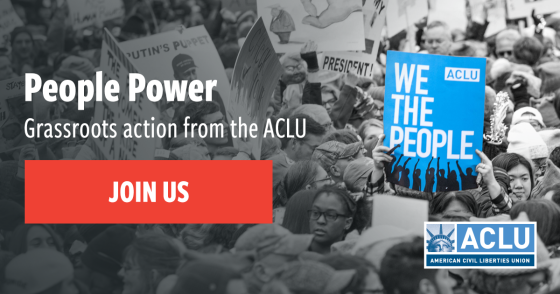After the loss of my mother to domestic violence and my childhood to the foster care system, I discovered an escape within fantasy novels.
These novels were filled with fictional tales about heroes, villains, monsters, and magic. Every story took me away from my harsh reality into a world where companions battled great evils, suffered grievous losses, sometimes felt hopeless and alone, yet they found victory because they nor their community ever abandoned them. Community is not only those who we feel comfortable around, who are most like us, who we love...it is also the orphans, the misfits, and the lost. Community is the connectedness of all living beings.
This past year I spent quite a bit time interviewing resilient Nebraskans who had been confined within solitary confinement and corrections officials and policymakers working toward reforms. I created a series of videos from these interviews that I wanted to be proud of but instead I felt that old pain of heartbreak and that isolating cold of feeling unloved and unwanted. My childhood was filled with the loss of any sense of community, the loss of the sense of self, until one day I became the villain in my own tale and, most certainly, in that of others. This would lead me to prison and, thereafter, into solitary confinement for many years. These interviews reminded me how I lost my way, how I took away the sense of security and dignity from others, how I could not seem to find a source of reconnection to others, and how that even at my lowest point there was still a way to further shred the few links I had left to the community of humanity.
To describe that barren cell and its cold cement floor or the quiet weeping amongst the screaming and thundering cell doors being kicked endlessly can never truly depict the feeling of being confined day after day, month after month, and, at times, year after year to a cinder block room I often called “my tomb.” Rather than a time to reflect, to reconcile with the past, to reform myself, it became a brutal instrument of self-depreciation, desperation, blame-casting, and of rage. Always rage. I convinced myself that I was stronger than the others as they covered themselves in feces, cut themselves with whatever object they could use, or whined about their circumstances. My tears were whispers beneath my anger at the world. For me, we were all monsters cast to the darkness where we belonged and kept there by enemies as despicable as us, cloaked in a justifying self-righteousness that convinced them they were the heroes of this tale even as they stripped us of the tiny strands of humanity our shriveling spirits cling to.
More often than not, the duration of each of my placements in solitary was at least a solid year’s stretch (around 8 years combined), and most of that isolation was spent in a confliction of anger at the world for all I believed it had done to me and despair at all that I have done to me.
Now as I try to reflect on this, one certainty comes to me--the act of retribution is never a source of healing. My behavior fueled the monster I believed I had become, just as this behavior of using—and allowing it to be used—solitary confinement has fueled the deconstruction of human dignity, a fundamental element necessary for reform.
Not too long ago I had read a fantasy novel by Brian A. McBride. In it one of his characters said, “The sun does not abandon the moon to darkness.” For me, that darkness is where I had once lived my life and, sometimes, I still feel shrouds me. Yet there is light! It came to me first from those inside that choose to better themselves and reach out to lost souls like me. It comes from those of you free, fighting for the dignity of others, in some form or fashion, whether that is full out activism or a quiet vote during election season. My grandmother once told me that when people commit wrongs there needs to be accountability. However, she continued, when we—the rest of society—begin to treat these people as less than people then we have forgotten what it means to be a community and, ultimately, human beings.
Fantasy novels are not the only place where heroes and magic exist. I witness heroism every time I see someone speak up for someone else’s rights to be a human being. I witness magic every time I look around and find community. The sun does not abandon the moon to darkness...neither do we.
I urge you and my fellow Nebraskans to watch these videos with an open heart and an open mind, to use the discussion guide to open conversations with your friends, family, and community, and to join me, the ACLU, and so many others working to end solitary as we know it to ensure none of us abandons our humanity, to ensure better value for taxpayers, to ensure better outcomes for incarcerated Nebraskans, and to find a better way such as through restorative justice to achieve our shared public safety goals. Please watch Voices of Resilience, share the discussion guide, and let your State Senator know that it is time to end juvenile solitary confinement.
